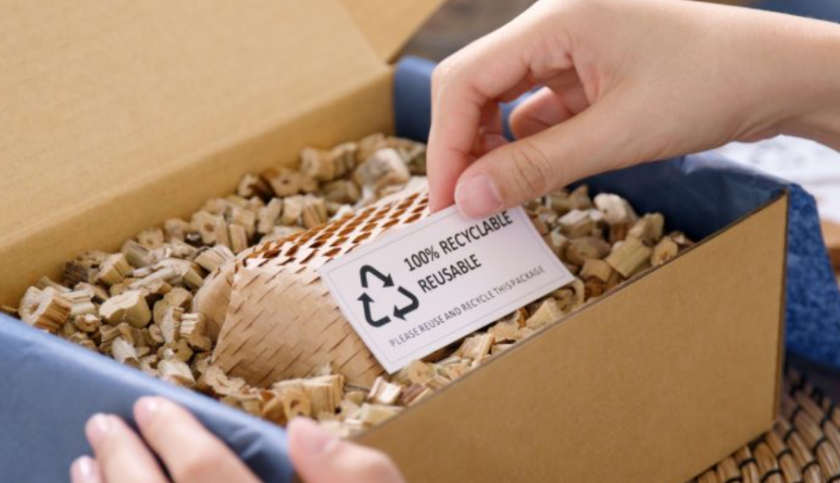
Companies and organizations in the apparel world, such as Gap Inc., Target, the Sustainable Trade Initiative and the Sustainable Apparel Coalition, have established the Apparel Impact Institute (AII), which will focus on helping apparel companies with projects designed to reduce the apparel industry’s environmental impact.
The AII will work to identify projects that might be limited in their scope or focusing on narrow problems, but have the potential for wider impact, and will connect them with resources necessary to execute plans properly.
“Through the Higg Index, we’ve seen incredible industry collaboration when it comes to standardizing sustainability measurements,” Jason Kibbey, CEO of the Sustianable Apparel Coalition, told Sustainable Brands. “It’s critical that we also take collective action to put that data to work. The Apparel Impact Institute allows us to act jointly on scaling practices that have a positive impact on people, planet and the whole industry, while simultaneously helping brands and manufacturers improve their Higg Index scores.”
The Higg Index is a self-assessment done by companies in the apparel and footwear industries that evaluates environmental and social responsibility throughout their supply chains. It was developed and launched in 2012 by the Sustianable Apparel Coalition in partnership with the Environmental Protection Agency.
The first project AII will handle is mill improvement, specifically focusing on the Natural Resource Defense Council’s Clean by Design program, which reduces water, chemical and energy use. From there, the institute will use that experience to work to improve mills globally.
“[The Sustainable Trade Initiative] strongly believes that the time has come for the apparel sector to join forces to have an impact at scale,” Ted van der Put, the initiative’s executive representative, told Sustainable Brands. “By working as a sector initiative with a wide representation of leaders in the apparel sector, and by aligning with existing initiatives, we can accelerate implementation, and avoid fragmentation and duplication of smaller initiatives. This will scale the impact on sustainable development goals related to environmental and social conditions.”
The group is reminiscent of the Accord on Fire and Building Safety in Bangladesh, which is made up of brands and trade unions to promote safe working conditions in Bangladesh’s garment industry.


